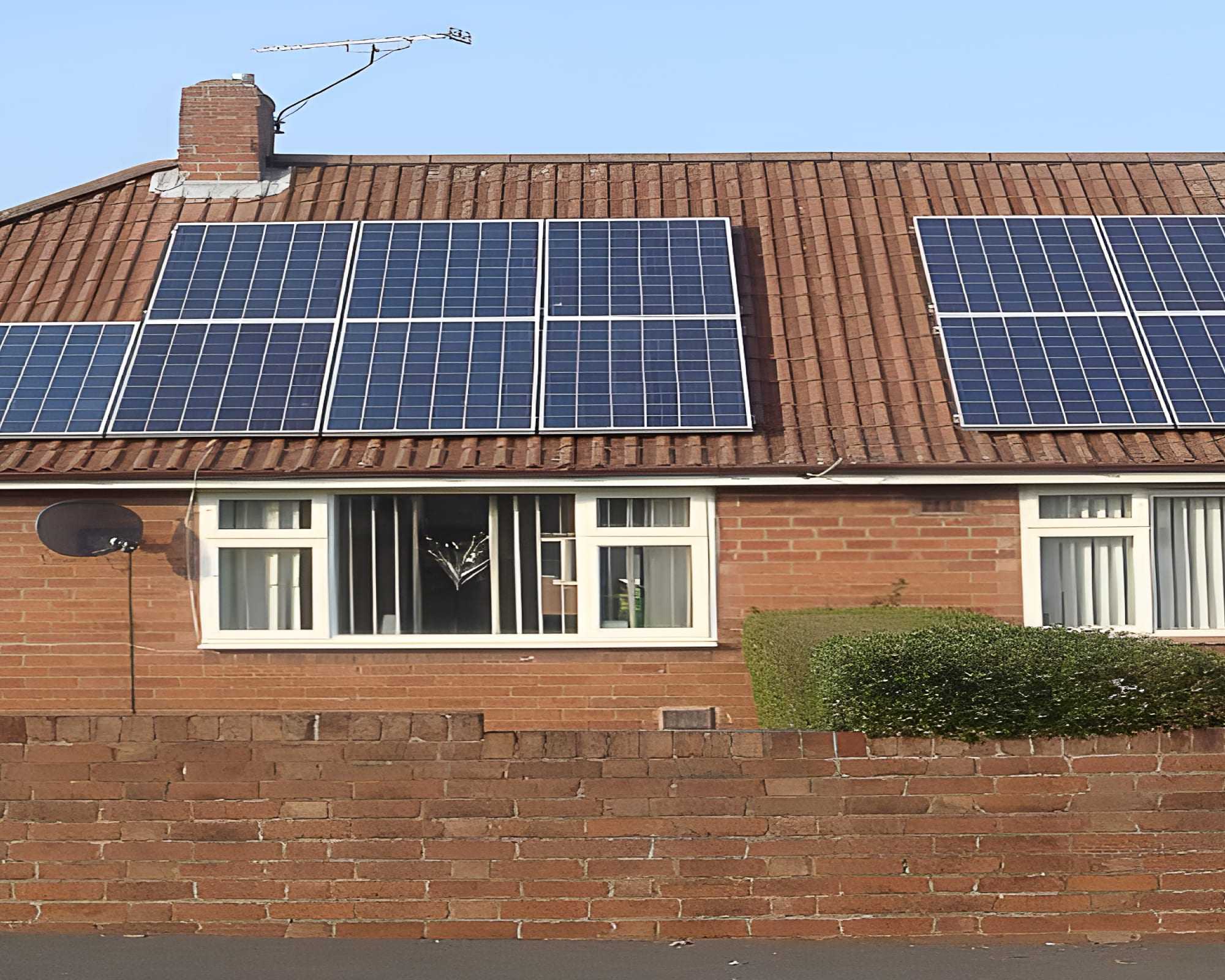
Solar Battery Storage: The Pros and Cons
With more people installing solar panels, solar battery storage is a hot topic in the world of renewable energy. And, as electricity prices continue to rise, with no end in sight, more people are looking at what solar battery storage could do for them.
Yet, though a means of saving money while reducing reliance on the grid, there are some factors worth considering before investing in solar batteries.
Here, the Energy Efficiency team at City Plumbing takes a quick look at the advantages and drawbacks of solar battery storage in the UK to help you make an informed decision.
What Is Solar Battery Storage and Why Is It So Important?
Solar battery storage is an energy storage solution that's paired with a renewable energy system. When used with Solar PV, it allows you to store excess energy that your panels generate during the day. You can then use this energy at any time rather than pulling directly from the grid . There are two types of solar battery storage systems, including hybrid and off-grid.
Hybrid Solar Battery Storage Systems: Currently the most common choice, a hybrid system is supported by the grid. This means solar panels will generate energy during the day with any surplus sent to the battery for storage. Any extra energy that can’t be stored here will then be sent back to the grid. With a hybrid system, this stored energy can then be used from the batteries, instead of relying entirely on the grid.
Off-Grid Solar Battery Storage Systems: Though not as common in the UK as hybrid systems, an off-grid system is a self-reliant system providing 100% energy reliance on the batteries. With no support from the grid, this means having a large solar panel system and solar battery solution to power a home’s energy needs.
Pros and Cons of Solar Battery Storage
If you have solar panels installed, then there are many benefits to investing in some form of solar battery storage. Yet, it’s also worth considering the disadvantages of solar battery storage before making any financial decisions.
The Pros of Solar Battery Storage
Helping you gain energy independence by maximising the use of your solar panel system, solar battery storage lets you increase the self-consumption from your Solar PV system.
With solar battery storage, you can revert to this energy in the evening when you lose the sun. This way you can reduce grid reliance while making further financial savings on energy bills.
If there’s a power cut, you'll be protected as you have a solar battery backup as a go-to source of energy. This will allow you to continue energy for a few hours while the grid is down.
By becoming more reliant on solar battery storage and less reliant on the grid, you’re able to reduce your carbon footprint.
Battery Storage allows you to sign up to flexible energy tariffs where you can charge the battery at cheaper rates, more than three times as cheap in some cases. You could have to pay higher rates at peak times but this is where you would use your battery storage.
When installing battery storage with Solar PV you can benefit from the same 0% VAT that a renewables install enjoys. This would not be the same for a retrospective install.
Installing Battery Storage at a future date may require a second inverter which would require permission from the local authority, this could cost £400 just for the application. AC Coupled inverters are also less efficient and may only have a 90% round trip efficiency rather than the 99% most Hybrid inverters have.
The Smart Export Guarantee is only worth between 3 and 8p per kW whereas energy prices are reaching above 33p per kW. This means you can be paying 11x more for the .Energy you use from the Grid than you are being paid from your excess solar energy. Therefore, storing the energy makes more sense than sending it back to the grid.
The Cons of Solar Battery Storage
Solar battery storage prices are initially expensive and vary greatly depending on the battery size and model chosen.
There’s no way to accurately estimate the payback time or return on investment as it varies greatly on current and future self consumption on the existing Solar PV system as well as your energy tariff details as that would affect how much you can earn from Grid Trading.
Solar batteries have a lifespan that ranges from as little as three to a maximum of 12 years. When compared to the lifespan of a solar panel, averaging 25 to 30 years, this is noticeably shorter. Yet, it’s worth noting that both the type and quality of the battery being used here will also factor in this figure.
Batteries may degrade over time and therefore have a lower capacity than originally purchased.
Reduces the amount you export, so this could affect any export agreements you have.
Is Solar Battery Storage Worth It?
A fantastic way to make good use of the electricity your solar panel system generates, solar battery storage solutions can be a great way to save both energy and money. However, it’s a good idea to be aware of their potential pitfalls before making the switch. Understandably, this method won’t be ideal for everyone. So, a good question worth considering is whether they’re necessary for your current circumstances.
If you’re looking for further ways to save energy in your home, get in touch with the Energy Efficiency team at City Plumbing. Experts in renewable technology, we’re perfectly placed to advise you on the best solutions of low-carbon technologies to help you create a greener and more energy-efficient home.